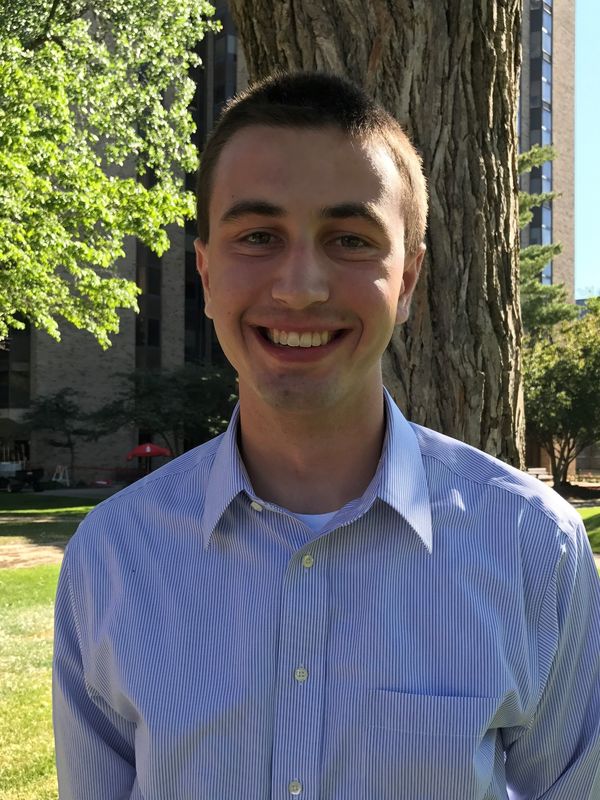1. What will you be doing at the Chicago Fed?

I will be working as a Research Assistant in the Finance research group. My main responsibility will be to assist the Chicago Fed's economists in conducting econometric research and running various financial, banking, and forecasting models. I am excited to continue building programming and data analysis skills in statistical packages like MATLAB, Stata, and Python. I also hope to take advantage of the opportunity to co-author research with the economists. Finally, Research Assistants work with the economists to deliver policy presentations to the Chicago Fed’s senior management to help guide the president during FOMC monetary policy deliberations.
2. How did your internship with LEO prepare you for that role?
Working at LEO is excellent preparation for my role at the Chicago Fed. My Stay the Course work with Dr. Bill Evans and Brendan Perry included performing OLS and instrumental variables regression analysis in Stata. For example, I recoded a Stata stratification package by adding in instrumental variables and extracting propensity scores, which allowed us to endogenously stratify our sample. This isolated the impact of the Stay the Course intervention on specific propensity-based groups, and helped us determine where the program had its largest impact.
3. Have you always been interested in research? What was the most interesting project you worked on during your time at LEO?
Economic policy has interested me since watching congressional monetary policy hearings on C-SPAN3 in junior high (thrilling!), but here at ND I have enjoyed learning the quantitative, data-driven approach of economic research to understanding the interactions between people, institutions, and governments. My favorite LEO project was Stay the Course, which quantifies the impact of a case management intervention on college outcomes using a randomized control trial. Helping with Stay the Course allowed me to apply some of the empirical skills I learned in the classroom to a very tangible and relevant policy question.
4. Are you interested in going to graduate school in the future?
Yes. The Chicago Fed is a very supportive environment for graduate school preparation, and I will take Ph.D. courses at the University of Chicago while working at the Fed. I plan to pursue a Ph.D. in either economics or finance after the Fed.